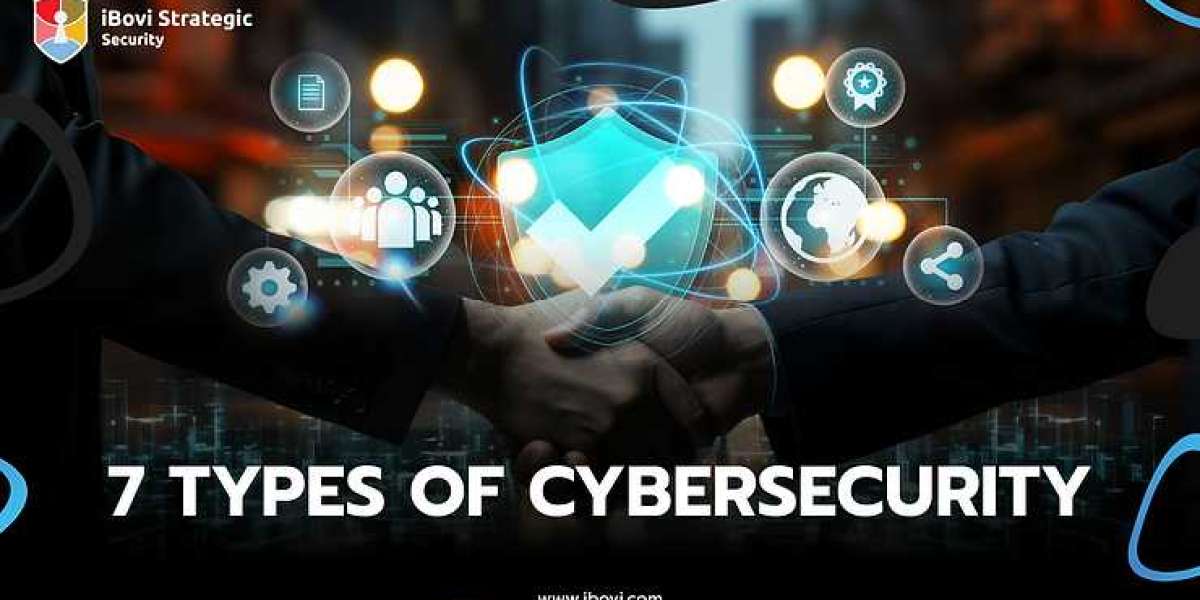The Ultimate Guide to Recruitment Chatbots: Transforming Talent Acquisition
Introduction
Recruitment is undergoing a significant transformation, and one of the driving forces behind this change is the use of recruitment chatbots. These AI-driven tools streamline the hiring process by automating various tasks, enhancing efficiency, improving candidate engagement, and ensuring scalability. Recruitment chatbots offer a solution that simplifies complex processes, making talent acquisition smoother for both companies and candidates.
What is a Recruitment Chatbot?
A recruitment chatbot is an AI-powered application designed to automate key tasks within the recruitment process. By utilizing natural language processing (NLP) and machine learning, these chatbots simulate human-like interactions to engage candidates, screen resumes, schedule interviews, and answer queries. The result is an enhanced experience for candidates and a more efficient workflow for HR teams.
Best Chatbots for Recruiting
Several recruitment chatbots are making a notable impact in the talent acquisition industry:
Mya: Known for its NLP capabilities, Mya excels at automating candidate outreach, screening, and scheduling. It integrates seamlessly with applicant tracking systems (ATS) and offers multilingual support.
XOR: XOR handles everything from initial candidate screening to interview scheduling. Its AI-driven analytics and multilingual features ensure global scalability.
Paradox (Olivia): Olivia is an AI assistant that simplifies pre-screening, interview scheduling, and real-time candidate engagement.
HireVue: Offering a combination of AI-driven assessments and video interviews, HireVue enhances the recruitment process with advanced data analytics and reporting.
Companies Leveraging Chatbots in Recruitment
Leading organizations have adopted chatbots to improve their recruitment strategies:
Unilever: Using chatbots for screening and interview scheduling, Unilever processes over 250,000 applications annually with a 90% completion rate in initial screenings.
L'Oréal: L'Oréal’s chatbot, Mya, has increased candidate engagement by 33% by answering questions and guiding applicants through the application process.
Vodafone: Vodafone uses a chatbot to automate screening and scheduling, reducing recruitment time by 50% while enhancing the candidate experience.
Benefits of Recruitment Chatbots
The adoption of recruitment chatbots brings several significant advantages:
Efficiency: By handling repetitive tasks like answering FAQs, screening resumes, and scheduling interviews, chatbots free up HR professionals to focus on more strategic activities.
Enhanced Candidate Experience: Chatbots ensure that candidates receive quick responses, keeping them engaged and informed throughout the hiring process.
Cost Savings: Automating processes reduces the need for manual intervention, cutting down recruitment-related costs.
Data-Driven Insights: Chatbots collect and analyze candidate data, enabling informed decision-making and performance tracking.
Scalability: Chatbots can easily handle high-volume recruitment, making them especially useful for companies with large applicant pools.
How Chatbots Improve Recruitment
Chatbots can streamline the recruitment process at various stages:
Candidate Screening: By filtering candidates based on predefined criteria, chatbots ensure that only qualified individuals advance to the next stage.
Candidate Engagement: Chatbots offer real-time updates and respond to queries, improving communication and engagement with potential hires.
Interview Scheduling: Chatbots automate scheduling by syncing availability between recruiters and candidates, saving time and reducing scheduling conflicts.
Onboarding Assistance: Some chatbots assist with onboarding by helping new hires with paperwork and answering initial questions.
Creating a Recruitment Chatbot
Building a recruitment chatbot requires thoughtful planning:
Define Objectives: Clearly outline the tasks your chatbot will perform, whether it's screening candidates, scheduling interviews, or engaging with applicants.
Select the Right Platform: Choose a platform that fits your technical requirements, such as compatibility with your ATS or budget.
Design the Chat Flow: Plan out the chatbot’s interactions to ensure it addresses the most common candidate inquiries and processes efficiently.
Integrate with Existing Tools: Ensure the chatbot integrates with your ATS and other recruitment tools to streamline the process.
Test and Optimize: Conduct testing to ensure everything functions smoothly, and continuously monitor performance for improvements.
Examples of Successful Chatbots in Recruitment
Here are a few companies using chatbots effectively:
Sodexo: Their recruitment chatbot screens candidates and schedules interviews, reducing time-to-hire by 30%.
Hilton: Hilton’s chatbot engages candidates and answers questions about the company culture, providing an enhanced candidate experience.
IKEA: IKEA uses a chatbot to manage applications and offer real-time updates, reducing drop-off rates and improving candidate satisfaction.
AI Chatbots in Digital Recruiting
AI-powered chatbots are revolutionizing digital recruiting by offering more personalized experiences:
Personalized Engagement: AI chatbots use candidate data to personalize interactions, making the process more engaging and tailored to individual needs.
Data Analytics: These chatbots analyze vast amounts of data to provide insights that help recruiters make better decisions and understand candidate behaviors.
Multichannel Integration: AI chatbots are integrated across various platforms like social media, career pages, and messaging apps, ensuring a seamless candidate experience no matter where the interaction takes place.
Challenges of Recruitment Chatbots
While recruitment chatbots offer numerous benefits, they also have limitations:
Complex Queries: Chatbots may struggle with intricate or nuanced questions, which require human intervention.
Bias: If not carefully designed, chatbots can inadvertently introduce bias into the recruitment process, which may affect diversity and inclusion.
Lack of Human Touch: Over-reliance on chatbots can create a robotic experience, potentially hurting the personal connection needed in recruitment.
The Future of Recruitment Chatbots
The future of recruitment chatbots is bright, with continuous advancements in AI:
Improved NLP: Chatbots will have enhanced language processing abilities, enabling them to handle more complex candidate queries.
Increased Personalization: As AI continues to evolve, chatbots will deliver even more customized experiences, responding to individual candidate needs with greater precision.
Integration with Emerging Tech: Future recruitment chatbots may integrate with blockchain, virtual reality, and other advanced technologies, further enhancing their capabilities.
Conclusion
Recruitment chatbots are transforming how organizations approach talent acquisition, offering benefits like efficiency, cost savings, and improved candidate engagement. As AI and machine learning technology continue to evolve, these chatbots will become even more integral to the hiring process, making them an indispensable tool for modern HR teams.
FAQs
What is a recruitment chatbot?
- A recruitment chatbot automates various recruitment tasks such as screening candidates, scheduling interviews, and answering candidate queries using AI.
How do chatbots help in recruitment?
- Chatbots automate repetitive tasks, enhance candidate engagement, and streamline the recruitment process, improving overall efficiency.
What are the key benefits of using a recruitment chatbot?
- Key benefits include increased efficiency, cost savings, better candidate experiences, data-driven insights, and scalability.
Which companies are using recruitment chatbots?
- Companies like Unilever, L'Oréal, and Vodafone use recruitment chatbots to optimize their hiring processes.
How do I create a recruitment chatbot?
- To create a chatbot, define its purpose, choose the right platform, design the chat flow, integrate with your ATS, and conduct testing for optimization.




